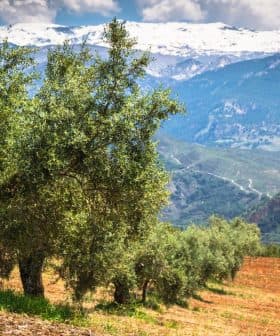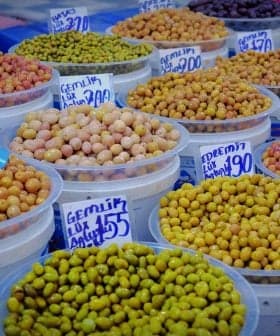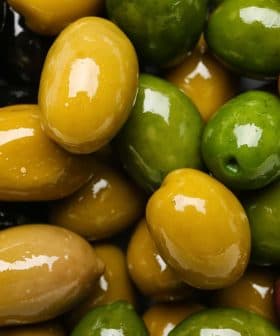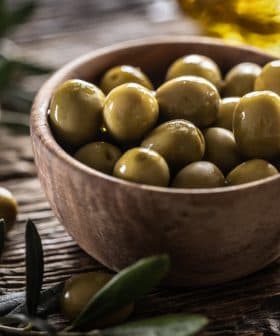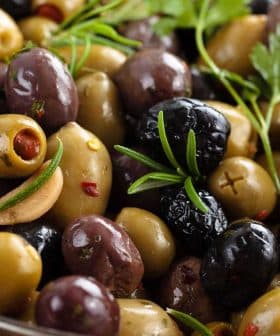Black Markets Cited as Major Problem for Greek Table Olives
Executives are highly concerned about what they see as a key challenge to the manufacturing sector of table olives.
High taxation and strict regulations in Greece are leading to a rise in black market trading of agricultural goods, particularly olives, posing a major threat to the manufacturing sector. The problem is exacerbated by the requirement for farmers to pay taxes in advance based on previous year’s income, making it difficult for businesses to compete with the profits made in the black market.
Black market trading of agricultural goods including olives is becoming a major problem in Greece as a result of heavy taxation of agricultural incomes, required payments of annual taxes one year in advance, steep insurance contributions linked to taxable income and the state’s weaknesses in controlling and rigorously enforcing compliance of laws.
And while producers are looking for looking for ways to conceal revenues from illicit sales of the raw materials, executives from the manufacturing industry are highly concerned about what they see as a key challenge to the manufacturing sector of table olives.
A threat to the manufacturing sector
The size of the problem greatly exceeds the capacity of businesses to resolve the challenge since no enterprise, no matter what pricing policy it chooses, can compete against the profits farmers make from trading in the black market.
A senior representative of the manufacturing sector told Elaias Karpos that the challenge posed by the illicit trade of table olives is perhaps one of the most important facing the industry in the new season.
The same source argues that the imposition of higher tax rates amid austerity was not something that farmers or businesses dismissed as unfair and that it was generally accepted that farmers should keep books and issue invoices as any other business. On the contrary, he adds that all industry players welcomed this development, believing that it would contribute to further market consolidation and to improving the conditions of fairness and competition in all the stages of production.
High taxation is the cause
The problem arises, however, from the level of tax rates and especially from the full down payment of income tax in advance (on the basis of previous tax year figures) — an obligation that is unfair and undermines the economic viability of farms.
This fiscal obligation makes no sense in years of poor harvest such as the one experienced in the region of Halkidiki in Northern Greece where farmers are faced with a deficit that no pricing policy by any manufacturing industry can counter.
Given the high demand for the product, there is high probability that the olive grower, in order to cope with the unjust demand of the tax authorities, will seek and find outlets for their products in the black economy.
The issue was openly mentioned in the context of the 83rd Thessaloniki International Fair where Haris Siouras, secretary general of the Panhellenic Union of Manufacturers, Packagers and Exporters of Table Olives (PEMETE), emphasized the fact that over-taxation has pushed olive farmers over the limit and steered them into the black market.
Olive Oil Times and the Greek publication Agronews are working together to bring you agricultural news from Greece.


